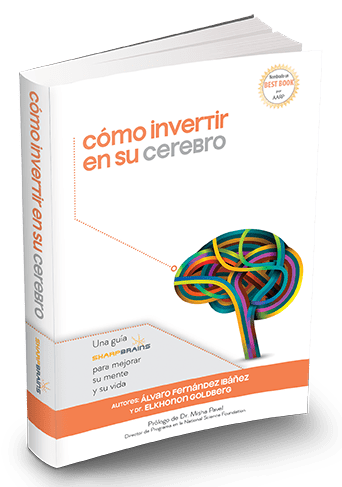Posts Tagged ‘ADHD-medication’
Update: ¿Habla Español? Know someone who’d enjoy a great brain book in Spanish?
Time for SharpBrains’ February e‑Newsletter, this time featuring the global launch of our new book, in Spanish, Cómo invertir en su cerebro: Una guía SharpBrains para mejorar su mente y su vida, available already as a soft-cover and e‑book! –> If you speak Spanish, please get a copy for yourself. También puede ver el video de la charla de…
Read MoreUpdate: New brain science leads to new tools and to new thinking
We often view memory, thinking, emotions, as completely separate entities, but they truly are part of the same process. So, if we want to improve brain health, we need to pay attention to the “weak link” in that process. In today’s society, managing stress and negative emotions is often that weak link, as we discuss…
Read MoreDoes ADHD medication treatment in childhood increase adult employment?
Although ADHD used to be considered a disorder of childhood, follow-up studies indicate that between 30% and 60% of children with ADHD continue to experience symptoms and impairment in adulthood. And, even when ADHD symptoms decline over time, many individuals continue to experience significant impairment in important areas of functioning. For example, children with ADHD have
Read MoreADHD: Brain Training, Neurofeedback, Diet, and More.
ADHD, or attention deficit hyperactivity disorder, affects millions of children and adults (up to 5% of children in the US). More and more evidence suggests that brain training may be key to help these individuals. With this in mind, we put together our most recent articles on the topic to a) help you better understand…
Read MoreMindfulness Meditation for Adults & Teens with ADHD
Mindfulness meditation training may be a beneficial complementary treatment approach for adolescents and adults with ADHD.
Read MoreTop Ten Tips for Women Who Lead Men
Ellen recently wrote a nice post titled Top Ten Tips for Men Who Lead Women, and asked for volunteers to offer a complementary perspective. I hope you enjoy! We men know we are hard to lead, and that can be stressful for you and for us. You should know that stress affects short term memory, so…
Read More



